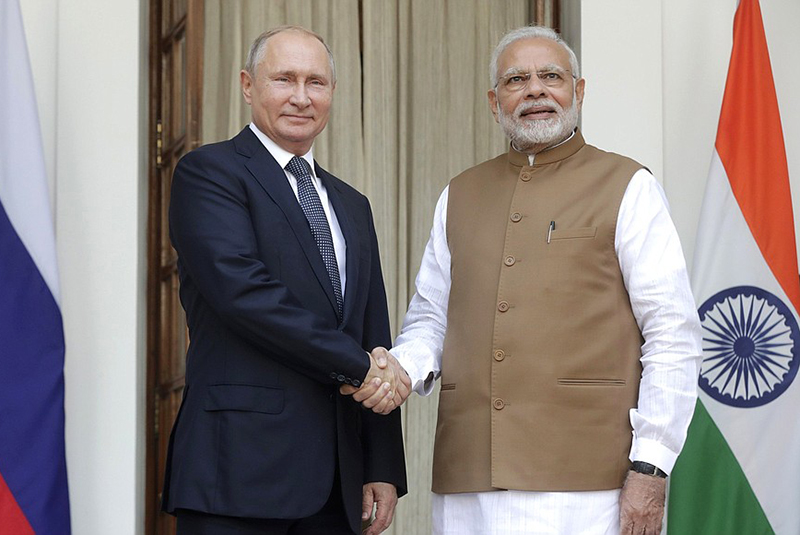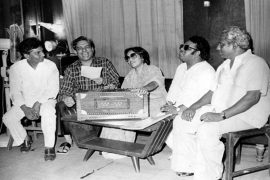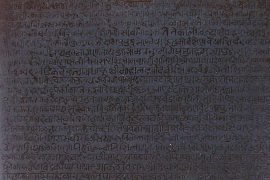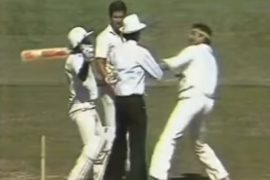The 19thAnnual Indo-Russian Summit held on 4-5 October in New Delhi attracted worldwide attention for varied reasons. In the end, India stood its ground asserting its ‘strategic autonomy’ to take decisions based on its national interests and not be intimidated by threats of sanctions and such other disapprovals by the big powers.
The meeting between President Putin and Prime Minister Narendra Modi, held in the background of widespread speculations, raised numerous questions: Will India purchase Russian-made S-400 surface-to-air missile system? Is New Delhi ready to incur the displeasure of the Trump administration, which has threatened to impose sanctions on countries having such transactions with Moscow?
Many even wondered if the Modi Government would run the risk of moving away from the strategic tie-up with Washington which assumed new dimensions with the recent 2+2 Ministerial Dialogue in New Delhi.
The Summit also hit the headlines in the context of the trade war that the Trump administration unleashed on China and its fall-out on countries like Russia, India, and Pakistan. During the last four years, Washington-Moscow relations have witnessed a further dip, after the Ukraine issue emerged. Russia’s support to Syria and Iran also strained their relations. Moreover, Moscow’s alleged involvement in the 2016 US presidential elections created fissures in bilateral relations.
Copyright©Madras Courier, All Rights Reserved. You may share using our article tools. Please don't cut articles from madrascourier.com and redistribute by email, post to the web, mobile phone or social media.Please send in your feed back and comments to [email protected]











